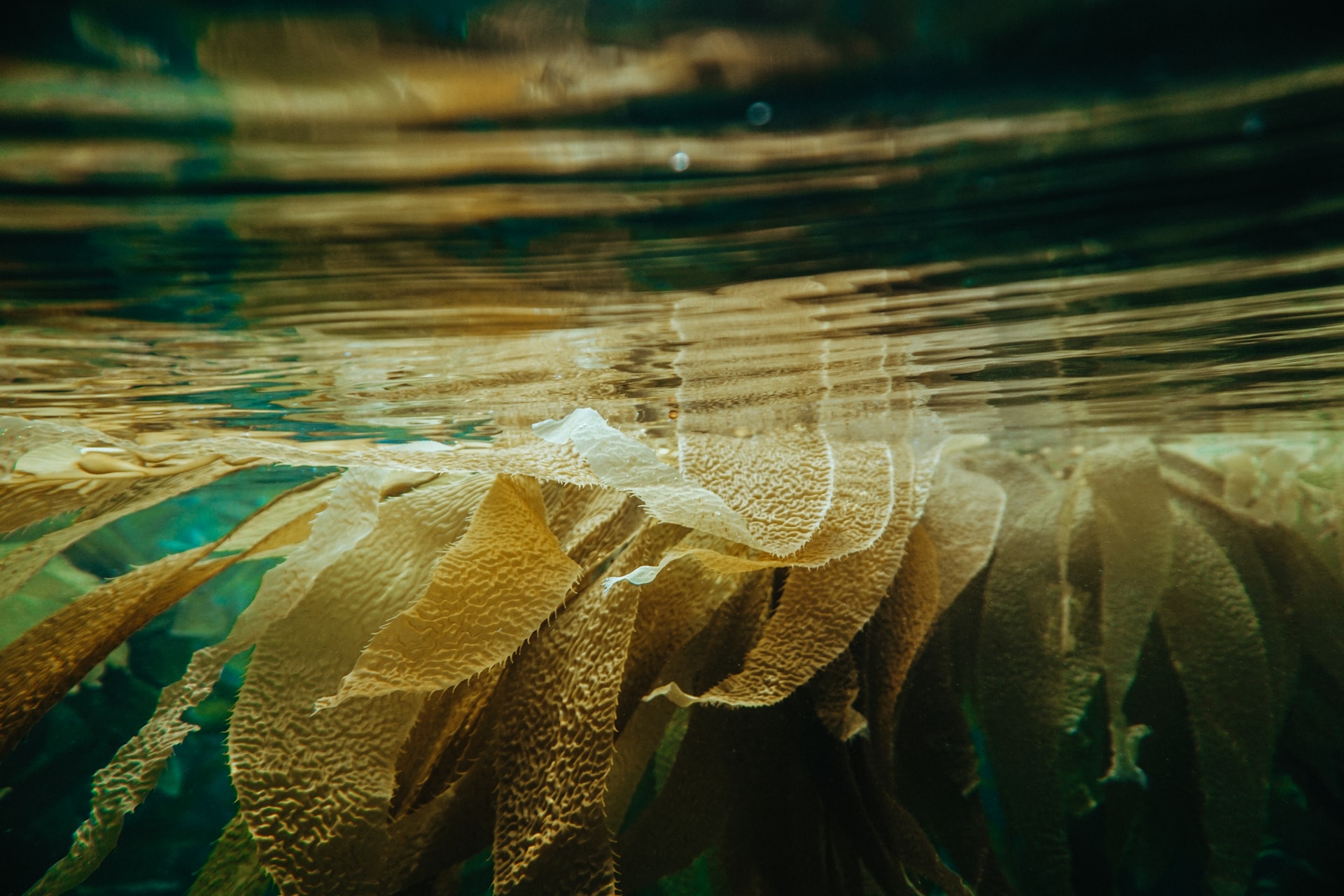Perceptions of Seaweed Aquaculture in Santa Barbara and Ventura Counties

Marine seaweed aquaculture (SA) provides sustainable forms of food, fertilizers, and pharmaceuticals while potentially contributing to nutrient mitigation, habitat creation, and short-term carbon sequestration. The industry in the United States is underdeveloped due to a combination of economic, social, and regulatory constraints. These constraints exist in California where there is an insufficient understanding of how the public and key stakeholder groups perceive SA, which appears to limit political support for or against further developing the industry. Our study conducted a public survey and semi-structured interviews with key stakeholder groups to determine perceptions of SA and whether it has a Social License to Operate (SLO) in Santa Barbara and Ventura counties. Survey results indicate less public opposition to SA than described in the scientific literature and by stakeholders associated with the industry, with a majority (56.8%) of residents in support of SA expansion and relatively few (8.8%) in opposition. Many residents are unfamiliar with the implications, benefits, and impacts of the industry. Communication strategies to inform stakeholder groups should provide clear and accessible information to stakeholders so they will be more likely to form positive perceptions of SA and support future projects. Interview analysis suggests that offshore SA in southern California has a conditional SLO. Despite widespread support from the scientific community and public, and general acceptance from federal agencies, the industry has not shown accountability to environmental non-governmental organizations (ENGOs) and state agencies. Pilot projects can build interactional trust with influential ENGOs and the fishing industry.
Acknowledgements
Our team would like to acknowledge the individuals and organizations that made this project possible. Their advice, feedback, and support were integral contributions to our project.
Bren School: Dr. Sarah E. Anderson, Professor, Associate Dean of Diversity, Equity, and Inclusion; Dr. Heather Hodges, Postdoctoral Scholar; Dr. Allison Horst, Professor; Dr. Hunter Lenihan, Professor, Casey O’Hara, PhD Student
Dr. Christopher Jerde, Assistant Researcher, UCSB Marine Science Institute
Kevin M. Johnson, PhD, Extension Specialist, California Sea Grant
Ocean Rainforest, Inc.: Eliza Harrison, Program Manager; Javier Infante, PhD, MacroSystems Principle Investigator; Courtney Schatzman, Environmental Scientist and Data Manager
Sustainable Ocean Alliance Ocean Leadership Microgrant Program
Interviewees: Thank you to the individuals that took the time to be interviewed by our team and provide key perspectives, knowledge, and recommendations regarding our research.
We would also like to extend our gratitude to our families, friends, and the students, faculty, and staff at the Donald Bren School of Environmental Science & Management at the University of California, Santa Barbara for their support and assistance throughout this project. This project would not have been possible without you, thank you.